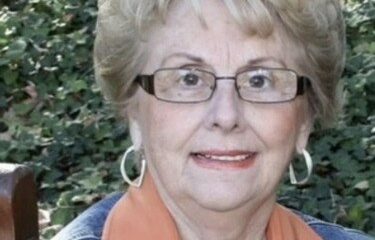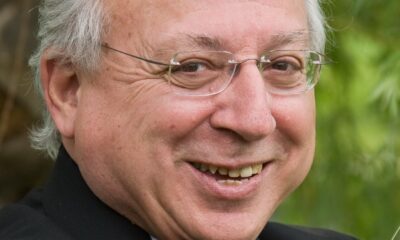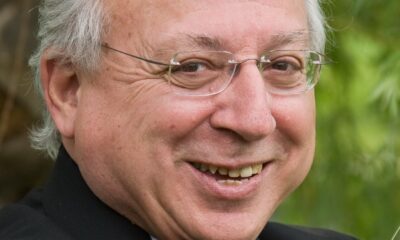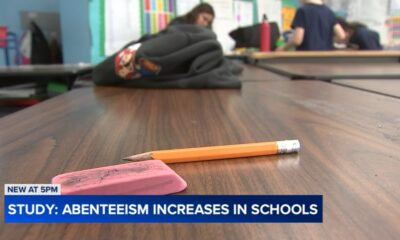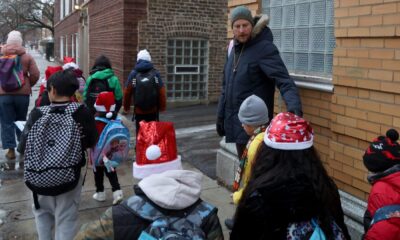Science
Colorado’s Inga Allison Revolutionizes High-Altitude Baking
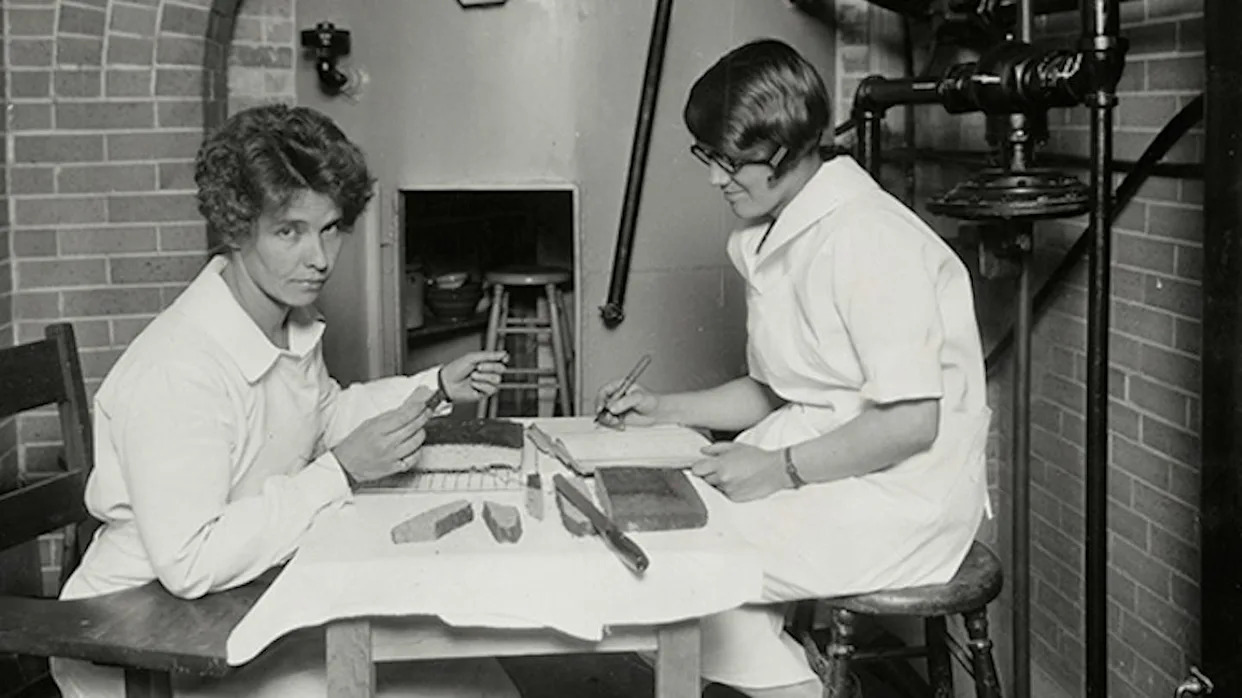
Bakers at high altitudes often face unique challenges, with standard recipes sometimes resulting in sunken cakes, flat cookies, or dry muffins. Thanks to the pioneering work of Inga Allison at Colorado State University (CSU), achieving perfect baked goods at altitude is now possible. Allison’s research from the early 20th century established foundational principles that help bakers adapt their recipes to the challenges posed by lower air pressure.
Allison, who was born in 1876 in Illinois, obtained her degree from the University of Chicago. She believed that women’s education extended beyond traditional domestic roles. In 1908, she joined CSU, then known as Colorado Agricultural College, as a faculty member in home economics. There, she began exploring how altitude affects baking, a pursuit that would change culinary practices in mountainous regions.
In her early years at CSU, Allison worked in a department that lacked proper lab facilities. Undeterred, she advocated for resources to enhance the learning experience of her students. Her vision was to expand home economics beyond preparation for domestic life, focusing on its scientific underpinnings. Historical records show that she engaged audiences with lectures on topics such as “The Economic Side of Natural Living,” effectively promoting a broader understanding of home economics.
Allison’s groundbreaking work established the first altitude baking lab in the United States in 1927. This significant development allowed her to conduct systematic research on the impact of altitude on cooking and baking. She recognized that recipes tested at lower elevations, such as 5,000 feet in Fort Collins, often failed at higher altitudes. Through experimentation, she discovered that lower air pressure alters the behavior of ingredients during baking.
Changes in air pressure affect the boiling point of water, which drops to around 200 degrees Fahrenheit in Denver compared to 212 degrees Fahrenheit at sea level. This shift means that steam is produced at a lower temperature, affecting baking times and results. Additionally, carbon dioxide from leavening agents expands more rapidly in thinner air, often leading to early rising and collapsing of baked goods. As a result, Allison advised bakers to adjust their recipes by reducing sugar or increasing liquids to achieve desirable textures.
The influence of Allison’s research extends to contemporary baking practices. Caitlin Clark, a food scientist at CSU, applies Allison’s principles in her work, guiding bakers in adjusting their recipes for high-altitude conditions. Another academic, Tobi Jacobi, has incorporated Allison’s legacy into her research on women’s leadership, highlighting her contributions in the exhibition “Knowing Her,” which showcases influential women at CSU over the past century.
In addition to her research, Allison was an advocate for women’s education and empowerment. Her leadership at CSU culminated in her becoming the department chair and later the dean of home economics. In this role, she emphasized the importance of scientific inquiry and practical applications of home economics in everyday life. Under her guidance, the program expanded to include fields such as dietetics, child development, and institutional management.
Allison retired in 1945 but continued to pursue her education, taking classes in subjects like Russian and biochemistry. Her legacy is honored at CSU with the naming of Allison Hall, a dormitory for women opened in 1958.
Through her research and advocacy, Inga Allison not only transformed the landscape of high-altitude baking but also paved the way for future generations of women in academia and beyond. Her contributions continue to resonate, ensuring that bakers at high altitudes can create delicious treats without the pitfalls that once plagued their efforts.
This article draws on the historical significance of Inga Allison, showcasing her vital role in advancing both culinary science and women’s education in Colorado.
-

 Science1 month ago
Science1 month agoNostradamus’ 2026 Predictions: Star Death and Dark Events Loom
-

 Technology2 months ago
Technology2 months agoOpenAI to Implement Age Verification for ChatGPT by December 2025
-

 Technology7 months ago
Technology7 months agoDiscover the Top 10 Calorie Counting Apps of 2025
-

 Health5 months ago
Health5 months agoBella Hadid Shares Health Update After Treatment for Lyme Disease
-

 Health5 months ago
Health5 months agoAnalysts Project Stronger Growth for Apple’s iPhone 17 Lineup
-

 Technology5 months ago
Technology5 months agoElectric Moto Influencer Surronster Arrested in Tijuana
-

 Education5 months ago
Education5 months agoHarvard Secures Court Victory Over Federal Funding Cuts
-

 Health5 months ago
Health5 months agoErin Bates Shares Recovery Update Following Sepsis Complications
-

 Technology7 months ago
Technology7 months agoMeta Initiates $60B AI Data Center Expansion, Starting in Ohio
-

 Technology6 months ago
Technology6 months agoDiscover How to Reverse Image Search Using ChatGPT Effortlessly
-

 Science4 months ago
Science4 months agoStarship V3 Set for 2026 Launch After Successful Final Test of Version 2
-

 Technology7 months ago
Technology7 months agoRecovering a Suspended TikTok Account: A Step-by-Step Guide

